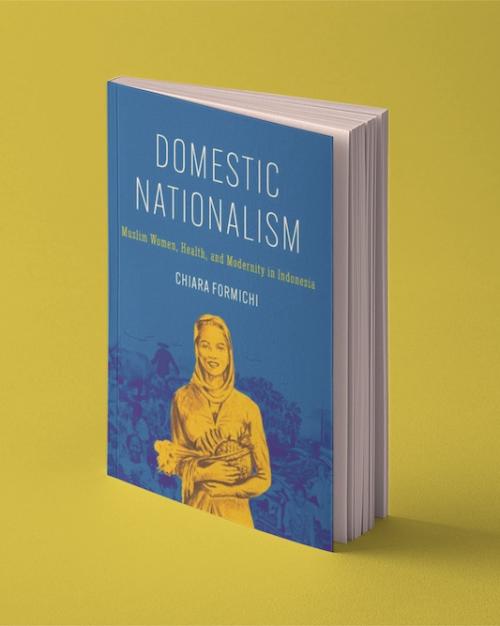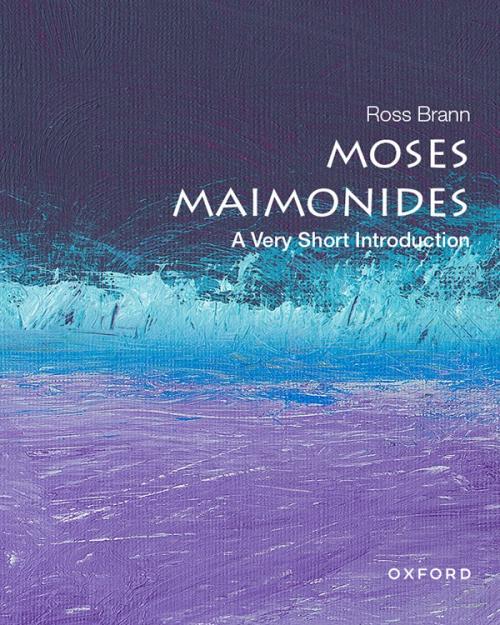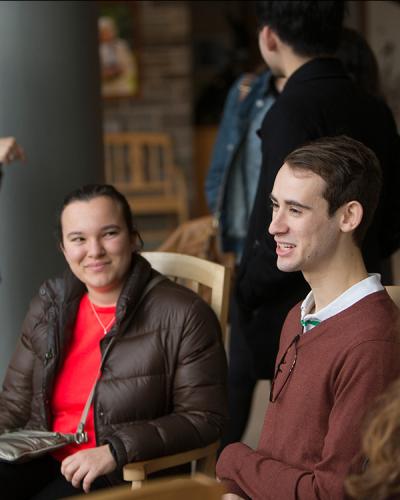Pre-enrollment begins on April 20, 2022. See our complete Fall 2022 course offerings.
JWST/HEBRW/NES/RELST 1110
3 credits. MW 9:40-10:55
This course is designed to introduce students to the language, grammar, and vocabulary of the Hebrew Bible/Old Testament. By the end of the semester students will be able to read and understand a number of biblical narrative passages, drawn from texts such as the stories of: creation in the Garden of Eden, Noah’s Ark, Joseph and his brothers, the Israelites’ exodus from Egypt, David and Goliath, and others stories students are interested in reading in the original language. Emphasis will be placed on learning vocabulary in context so that students begin to understand the language of the Bible as a window on ancient Israelite religion, culture, and experience.
Religion and Ecological Sustainability (counts towards the RELST major)
ASIAN/RELST 2273
3 credits. MW 2:45-4:00
This course serves as both an introduction to the academic study of religion and a survey of major topics in the intersections of religious communities and environmentally sustainable practices. Using real cases of environmentally sustainable, religiously oriented communities, we explore how myth, ritual, symbols, doctrines, and ideologies of time and space are activated in practical living decisions. This class involves readings of both primary sources, poetry and literature, secondary sources, films and site visits.
PHIL 2530/RELST 2630
4 credits. TR 2:45-4:00
What must (or could) God be like, and what reasons do we have for thinking that a being of that sort actually exists? What difference would (or could) the existence of God make to our lives? Religion & Reason examines the idea, shared by several major world religions, that God must be an absolutely perfect being. What attributes must a perfect being have: must it have a mind, be a person, care for human beings? Is the concept of a perfect being coherent? Is the existence of a perfect being compatible with the presence of evil in the world, the existence of human freedom, the nature of the world as modern science understands it? Does what is morally right and wrong depend in any important way on the nature or will of a perfect being? Is a perfect being among the things that actually inhabit our universe? The course approaches these questions with the tools and methods of philosophical reason and through readings drawn from both classic texts and contemporary philosophical discussion.
NES 3535/RELST 3536
3 credits. TR 2:45-4:00
This course is an introduction to the religions of Iran from antiquity to the present. For over three millennia, Iran has been a hotbed and intercultural crossroads of religious activity as a result of its incredible ethnic and religious diversity, its many centuries of imperial rule, and its important geographical location between east and west. In this class, students survey the major religions of Iran, with an emphasis on those that originated there, including Zoroastrianism, Manichaeism, Mandaeism, Yezidism, and Bahaism. We will pay particularly close attention to the history of Zoroastrianism, one of the world’s oldest religions, whose adherents today, known as Parsis, reside mostly in India and Iran, and around the world. In addition to these native religions, students will also explore the impact that Iranian politics and culture have had on the presence of foreign religions in Iran, including on Judaism, Christianity, and Shi’ite Islam. Through a combination of lectures, secondary readings, and especially the close reading of primary sources in translation, students will not only gain a broad understanding of these religions, but also of Iranian history.
ANTHR/JWST/FGSS/JWST/RELST 4454 and ANTHR/FGSS/RELST 7454, JWST 7452
4 credits. R 2:40-4:35
This course examines connections between Jewishness and race. Highlighting ambiguities, ambivalences, and complex interrelationships among political, legal, social, cultural, scientific, and religious ways of defining and marking racialized difference, our analyses will be grounded in specific times and places. We will emphasize how ideas of race and Jewishness have emerged, shifted, and been contested. Throughout the course, we will be attentive to how ideas of race relate to ideas of ethnicity, nation, peoplehood and genealogical relationality; how race is co-constituted with gender and sexuality; and the overlaps and divergences between how racism and anti-Semitism have been theorized, deployed, and experienced.





